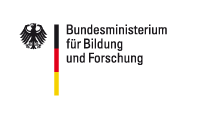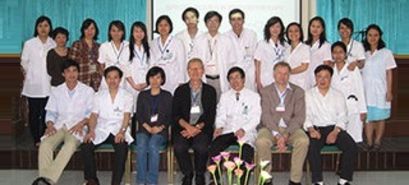Scientific Background
General health care in China and Vietnam is characterized by Western biomedicine and traditional Eastern medicine. Those traditional methods are regarded as being effective, even though they lack psychological concepts as well as psychological methods for intervention. Apart from that, no psychosocial medicine exists which is able to deal with the psychological issues of the people. Hence, those countries are seeking solutions in order to control the increasing problems which are associated with the psychological health of the people. For more than ten years, the Freiburg University Medical Center, through its collaboration with the Chinese and Vietnamese University clinics, was able to create and test programs that aimed at enhancing the psychosocial competence of the doctors which have to deal with psychological diseases. This process has generated a network between Germany and Asia which aims at developing psychosomatic medicine and psychotherapy.
Project and Objectives
The project is mainly about the so-called advanced training course in psychosomatic and psychotherapy, the cross-cultural research between Vietnam and China as well as the expansion of the research network to other Asian countries.
Its aims are:
- Expansion of the present cooperation in order to enable long-term multilateral collaboration and research (e.g., the creation of research centers in China and Vietnam).
- Execution of the advanced training course in psychosomatic and psychotherapy and the performance of cross-cultural studies dealing with psychosomatic and psychological diseases (e.g., epidemiology research, treatment methods and treatment efficacy, interdisciplinary research concerned with social and cultural disease and health dimensions, etc.).
- Recruitment of young academics for further cooperation with German universities.
Aspects of Research Structure
The current project will contribute considerably to the implementation of several training modules in psychosomatic medicine and psychotherapy in China and Vietnam. Both the training course and training network will enhance the participants’ scientific competence in psychosomatic medicine and psychotherapy as well as in intercultural studies and the creation of international-oriented research structures in Asia.










